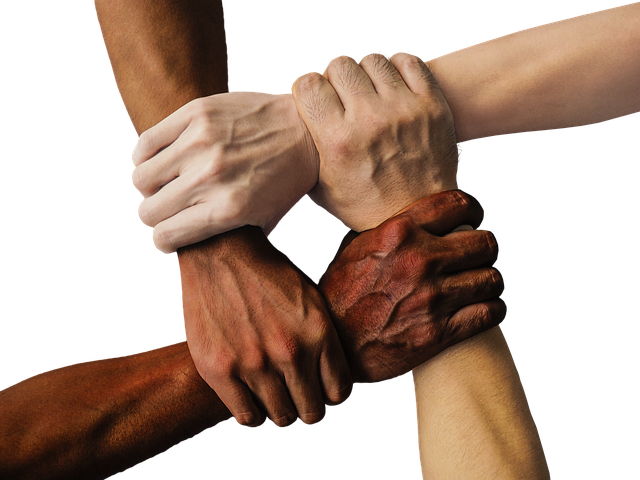Addiction recovery is not merely an individual journey; it thrives on connections, support, and shared experiences. In recent years, the formation of network alliances among individuals in recovery has gained traction, particularly through the omnipresence of social media. This powerful tool has transformed the way people connect, making it easier for those battling addiction to find solidarity, encouragement, and guidance from like-minded individuals.
Social media’s impact on addiction recovery cannot be underestimated. Platforms like Facebook, Twitter, and Instagram have become lifelines for individuals seeking help or wanting to share their experiences. People can form supportive communities that span across geographic boundaries, allowing for a sense of belonging that may be absent in their immediate surroundings. This is especially crucial for those who feel isolated due to their addiction.
When individuals create network alliances on social media, they engage in powerful storytelling. Sharing personal recovery journeys not only fosters a sense of accountability but also inspires others grappling with similar challenges. The act of posting updates or joining conversations about progress creates a supportive atmosphere that encourages individuals to stay committed to their goals. The sheer visibility of these stories can remind others that they are not alone in their struggles, which is vital for mental and emotional health.
Social media platforms also host a myriad of content related to addiction recovery – from motivational quotes to informative articles and videos. Many people find value in connecting with recovery influencers or organizations that spread awareness about the addiction crisis. This wealth of information helps demystify the recovery process and provides practical tips on maintaining sobriety. Furthermore, with hashtags like #RecoveryCommunity and #SoberLiving, individuals can easily discover and engage with others who resonate with their experiences, forging deeper network alliances.
However, it is essential to approach social media mindfully. While it can serve as a beacon of hope, it can also expose individuals to negative influences. Encouragement stems from the genuine connections made through these online platforms, but the risk of encountering triggering content is ever-present. To mitigate this risk, individuals should curate their feeds thoughtfully, unfollowing accounts that do not foster positivity or recovery. Instead, opting to connect with accounts that promote healthy habits and provide constructive advice can significantly enhance one’s recovery journey.
Moreover, the anonymity of social media can empower individuals to share deeper aspects of their lives without the fear of judgment. Many find comfort in discussing personal issues related to addiction in safe spaces online, contributing to authenticity in their recovery narratives. This sense of safety can encourage more open dialogues about mental health and addiction, dismantling the stigma surrounding these pervasive challenges.
In summary, the role of social media in strengthening network alliances within addiction recovery is profound. It provides a platform for connection, inspiration, and education, empowering individuals to seek support while navigating their journeys. By tapping into the power of these alliances, those in recovery can leverage the benefits of social media to promote healing and create a vibrant, supportive community. In doing so, they not only aid themselves but also inspire countless others who are fighting similar battles, proving that together, we can conquer even the most formidable challenges.



